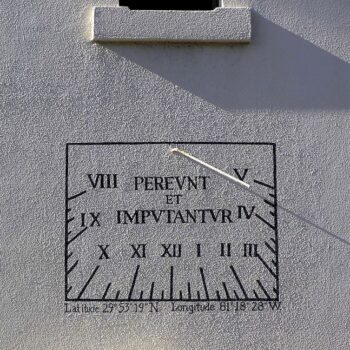
An Interview with John Lazar: Institutions and Influences
Interview Conducted by Bill Carrier
Bill Carrier: Thank you for joining us to talk with The Future of Coaching about the institutions of coaching from your own extensive experience! To get started, would you share a little bit about your background in terms of coaching and institutions that you’ve been involved in as you got started as a coach?
John Lazar: Sure. I think part of the background, Bill, that’s relevant is that my initial training was in psychology, including a Master’s degree in clinical psych. My orientation even before I was doing what was called ‘coaching’ was in the helping professions and enabling people to be better. I changed careers in ’83 from psychology—where I had been working with the severely and profoundly handicapped, as well as having a private psychotherapy practice—to solving human performance problems in organizations.
I found very quickly as I went out into work situations that what I was doing—augmenting process redesign, or training, or work re-engineering, any of that kind of stuff—was meant to enable and accelerate people’s learning and performance improvement and was, in fact, coaching. In the late ’70s, I studied with the founders of neuro-linguistic programming, Richard Bandler and John Grinder and their colleagues, as well as Virginia Satir for family therapy. They were providing some models for how to engage people that had a coaching component though they didn’t necessarily talk about it that way.
In the early ’80s to the early ’90s, I was working with three gentlemen from Chile: Fernando Flores, Rafael Echeverria, and Julio Olalla. At various times, they had two different companies, Hermenet and Logonet, which were doing training and development with folks about communications, sales, and things like that. There was a coaching component there.
- Posted by Bill Bergquist
- On March 11, 2016
- 2 Comments


2 Comments